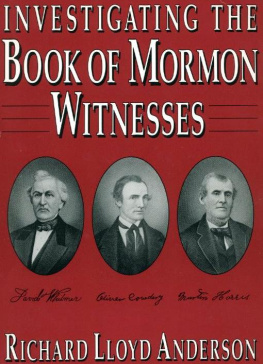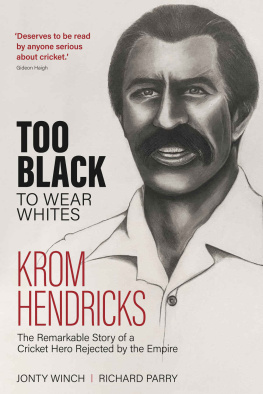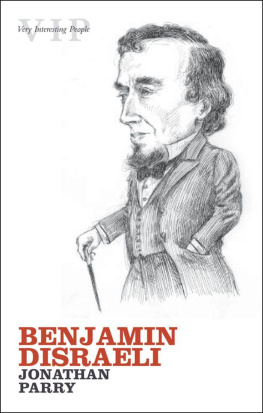Richard Lloyd Parry - People Who Eat Darkness
Here you can read online Richard Lloyd Parry - People Who Eat Darkness full text of the book (entire story) in english for free. Download pdf and epub, get meaning, cover and reviews about this ebook. year: 2012, publisher: Blackstone Audiobooks, genre: Non-fiction. Description of the work, (preface) as well as reviews are available. Best literature library LitArk.com created for fans of good reading and offers a wide selection of genres:
Romance novel
Science fiction
Adventure
Detective
Science
History
Home and family
Prose
Art
Politics
Computer
Non-fiction
Religion
Business
Children
Humor
Choose a favorite category and find really read worthwhile books. Enjoy immersion in the world of imagination, feel the emotions of the characters or learn something new for yourself, make an fascinating discovery.

- Book:People Who Eat Darkness
- Author:
- Publisher:Blackstone Audiobooks
- Genre:
- Year:2012
- Rating:4 / 5
- Favourites:Add to favourites
- Your mark:
- 80
- 1
- 2
- 3
- 4
- 5
People Who Eat Darkness: summary, description and annotation
We offer to read an annotation, description, summary or preface (depends on what the author of the book "People Who Eat Darkness" wrote himself). If you haven't found the necessary information about the book — write in the comments, we will try to find it.
People Who Eat Darkness — read online for free the complete book (whole text) full work
Below is the text of the book, divided by pages. System saving the place of the last page read, allows you to conveniently read the book "People Who Eat Darkness" online for free, without having to search again every time where you left off. Put a bookmark, and you can go to the page where you finished reading at any time.
Font size:
Interval:
Bookmark:
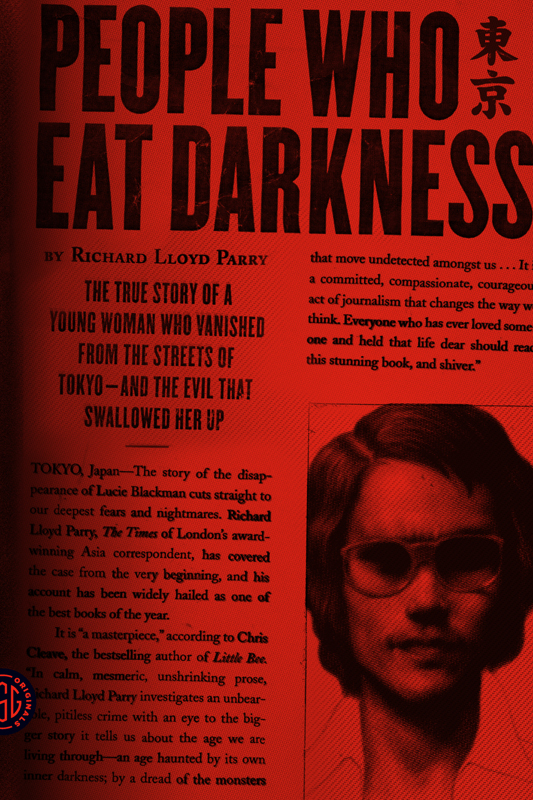

FOR MUM AND DAD
Among the old men who secretly came to this house of the sleeping beauties, there must be some who not only looked wistfully back to the vanished past but sought to forget the evil they had done through their lives among them must be some who had made their successes by wrongdoing and kept their gains by repeated wrongdoing. They would not be men at peace with themselves. They would be among the defeated, rathervictims of terror. In their hearts as they lay against the flesh of naked young girls put to sleep would be more than fear of approaching death and regret for their lost youth. There might also be remorse, and the turmoil so common in the families of the successful. They would have no Buddha before whom to kneel. The naked girl would know nothing, would not open her eyes, if one of the old men were to hold her tight in his arms, shed cold tears, even sob and wail. The old man need feel no shame, no damage to his pride. The regrets and sadness could flow quite freely. And might not the sleeping beauty herself be a Buddha of sorts? And she was flesh and blood. Her young skin and scent might be forgiveness for the sad old men.
YASUNARI KAWABATA , House of the Sleeping Beauties
CONTENTS
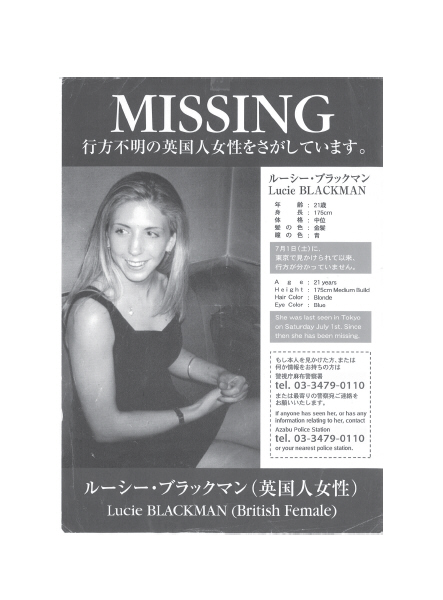
PROLOGUE: LIFE BEFORE DEATH
Lucie wakes up late, as usual. A line of daylight flares at the edge of the shrouded window and pierces the dim interior. A low, cramped, colorless space. There are posters and postcards on the walls, and blouses and dresses on overburdened hangers. On the floor, two human shapes on two futon mattresses: one head of blond hair, one of brown. They sleep in T-shirts, or naked beneath a single sheet, for even at night it is too hot and clammy for anything but the thinnest layer against the skin. Outside, crows are cawing and scuffling on the telegraph wires that tangle between the buildings. It was four in the morning when they went to sleep, and the plastic alarm clock shows that it is almost noon. The brown head remains huddled on its pillow as Lucie puts on her dressing gown and goes to the bathroom.
She refers to her home in Tokyo as the shithousethe bathroom is one of the reasons why. Half a dozen people share it, plus their overnight guests, and the room is vile with their parings and detritus. Exhausted tubes of toothpaste curl on the edges of the sink, sodden lumps of soap drool on the floor of the shower, and the plughole wears a slimy cap of clotted hair, skin, and toenail clippings. Lucies own vanity products, which are numerous and expensive, are brought into and removed from the bathroom on every visit, along with her combs, brushes, and makeup. Her toilet is lengthy and fastidious, a practiced drill of shampooing, rinsing, conditioning, soaping, toweling, patting, smoothing, cleansing, moisturizing, absorbing, tweezering, brushing, flossing, and blow-drying. Lucie epitomizes the distinction between simply taking a shower in the morning and grooming . If you were running late, you wouldnt want to find yourself behind her in the queue for the bathroom.
What does Lucie see when she looks into the mirror? A full, fair face, surrounded by naturally blond hair falling below the shoulder. A solid chin; strong, even, white teeth; cheeks that lift and dimple when she smiles. A rounded nose; sharp, closely plucked brows and small dark blue eyes that angle away from the horizontal. Lucie deplores her slanty eyes and spends long mirror hours wishing them away. They are subtly and unexpectedly exotic on a woman otherwise so fair complexioned, so blue eyed and long limbed.
Lucie is tallfive ninewith a good bust and hips. She pays anxious attention to the surges of her fluctuating weight. In May, after the effort of traveling to Japan, moving into the shithouse, and finding work, she was slimmer than this, but after a few weeks of late nights in the club, she has drunk it back on again. On her worst days, she is filled with contempt for her own appearance. She feels bloated and saggy; she is tortured by self-consciousness about the birthmark on her thigh and the dark mole between her brows. A dispassionate observer might describe her with old-fashioned and faintly equivocal words such as buxom and comely. The brown-haired girl on the other mattress, Lucies best friend, Louise Phillips, is far more of a conventional beauty: slim, small, pert featured. But for most of the time, to other people at least, Lucie communicates a confidence and an ease. Her way of laughing, of moving her hands as she speaks, of shaking her hair, her habit of unselfconsciously touching the person she is talking toall of this lends her a charm that appeals to women as well as to men.
Lucie emerges from the bathroom. What does she do next? I know that she doesnt write in her diary, which has been neglected for almost two weeks. She doesnt call Scott, her boyfriend, who serves on the American aircraft carrier in the port city of Yokosuka. Later, among her personal possessions, her family will find an unsent postcard, addressed to her great friend from home, Samantha Burman. Perhaps she writes that card now.
Darling Sammy, just a little note from Tokyo to say how good it was to talk to you the other evening. Im so glad youve found a lovely friend/guy/mate (whatever he is). I know its easier for me over here as my everyday life has changed and Sundays are so different at the moment, but I wanted to let you know that life is incomplete without you and although Im not sure when, we will be together soon, be it wherever I am, or me back home. I do love you and miss you terribly and always will. All my love, Lulu
At half past one the telephone rings downstairs. One of the other flatmates answers and calls from below: it is for Lucie. Unlike Louise, who has her own cell phone, given to her by one of her customers, Lucie has had to rely on the shit-houses shared pay telephone. It is a clunky pink plastic box in the kitchen, fed by 10 coins; conversations on it can be overheard by anyone else who is downstairs. But Lucie will not have to put up with this unsatisfactory situation for much longer. In just a few hours, she will have a mobile of her own.
Louise is up by now and sits in the common living room during her friends brief conversation. It was him, Lucie tells her after hanging up the pink receiver: the meeting has been postponed by an hour until three oclock; he will call again and she will meet him at the railway station. Then they will have a late lunch, but she will be back in good time for the agreed eight oclock rendezvousa night of dancing with Louise and one of the other girls from the club. Lucie takes off her dressing gown and chooses her outfit for the day: her black dress, the silver necklace with the heart-shaped crystal pendant, and the Armani watch. Her sunglasses are in her black handbag. Three oclock comes and goes. At three twenty the pink phone rings again for Lucie; he is on his way and will be at the station in ten minutes.
The crows flap and complain as Lucie steps outside. As she does, she experiences the small daily shock of reentry that every foreigner in Tokyo knows. A sudden, pulse-quickening awareness of the obvious: Here I am, in Japan . Every morning it takes her by surprisethe sudden consciousness of profound difference. Is it something unfamiliar about the angle of the light, or the way that sounds register in the summer air? Or is it the demeanor of the people on the street and in the cars and the trainsunobtrusive but purposeful; neat, courteous, and self-contained but intent, as if following secret orders?
Font size:
Interval:
Bookmark:
Similar books «People Who Eat Darkness»
Look at similar books to People Who Eat Darkness. We have selected literature similar in name and meaning in the hope of providing readers with more options to find new, interesting, not yet read works.
Discussion, reviews of the book People Who Eat Darkness and just readers' own opinions. Leave your comments, write what you think about the work, its meaning or the main characters. Specify what exactly you liked and what you didn't like, and why you think so.

